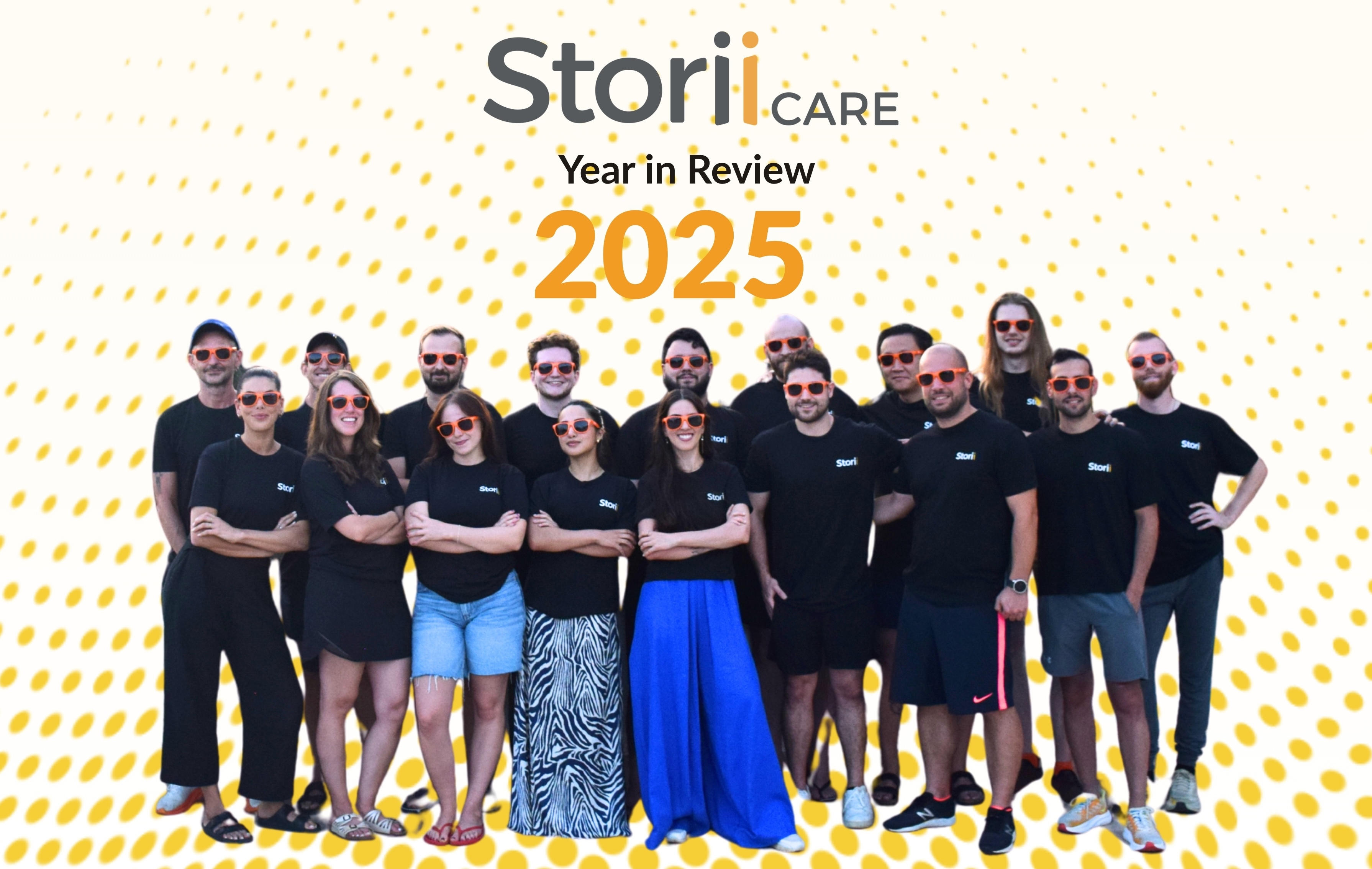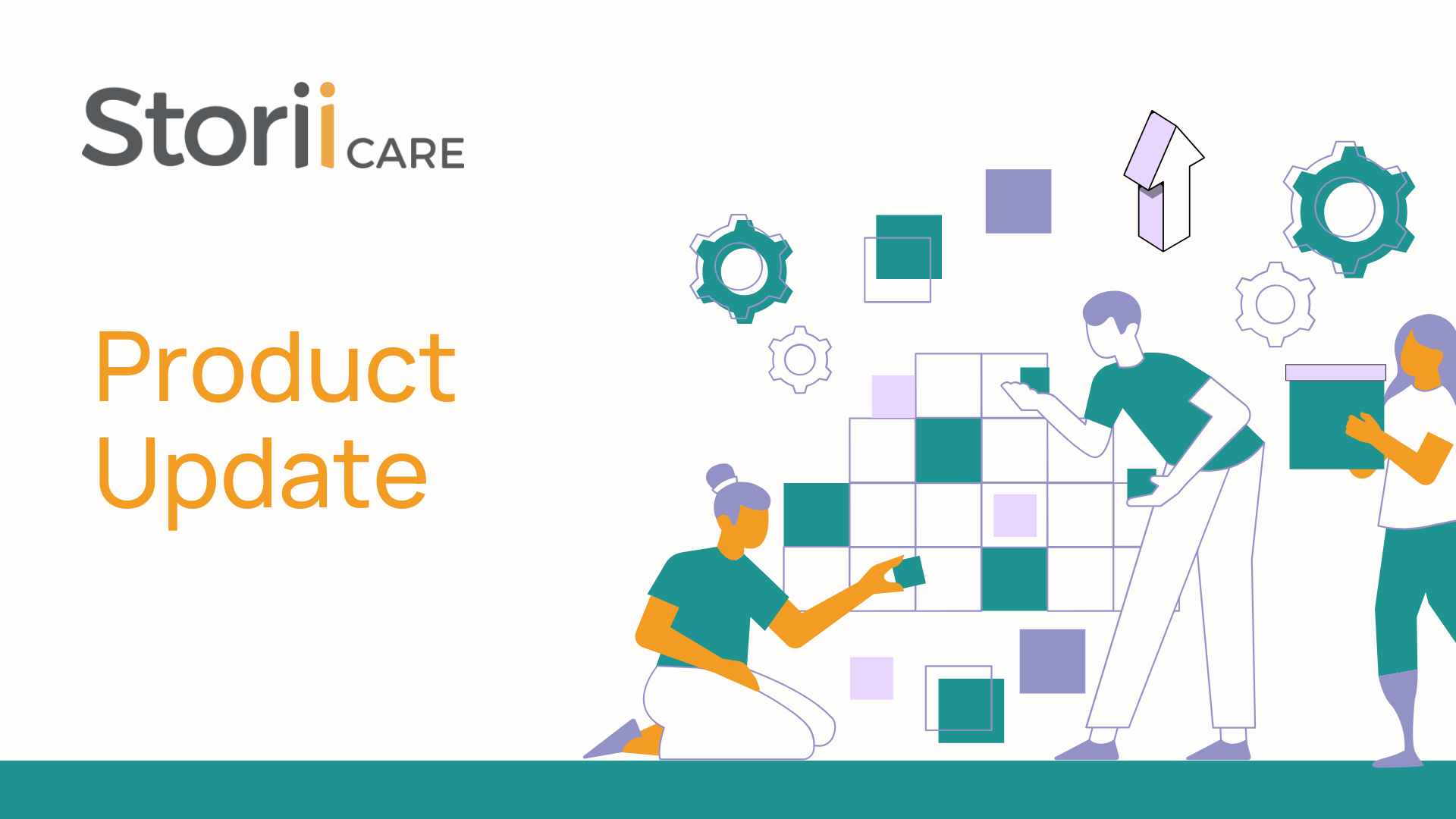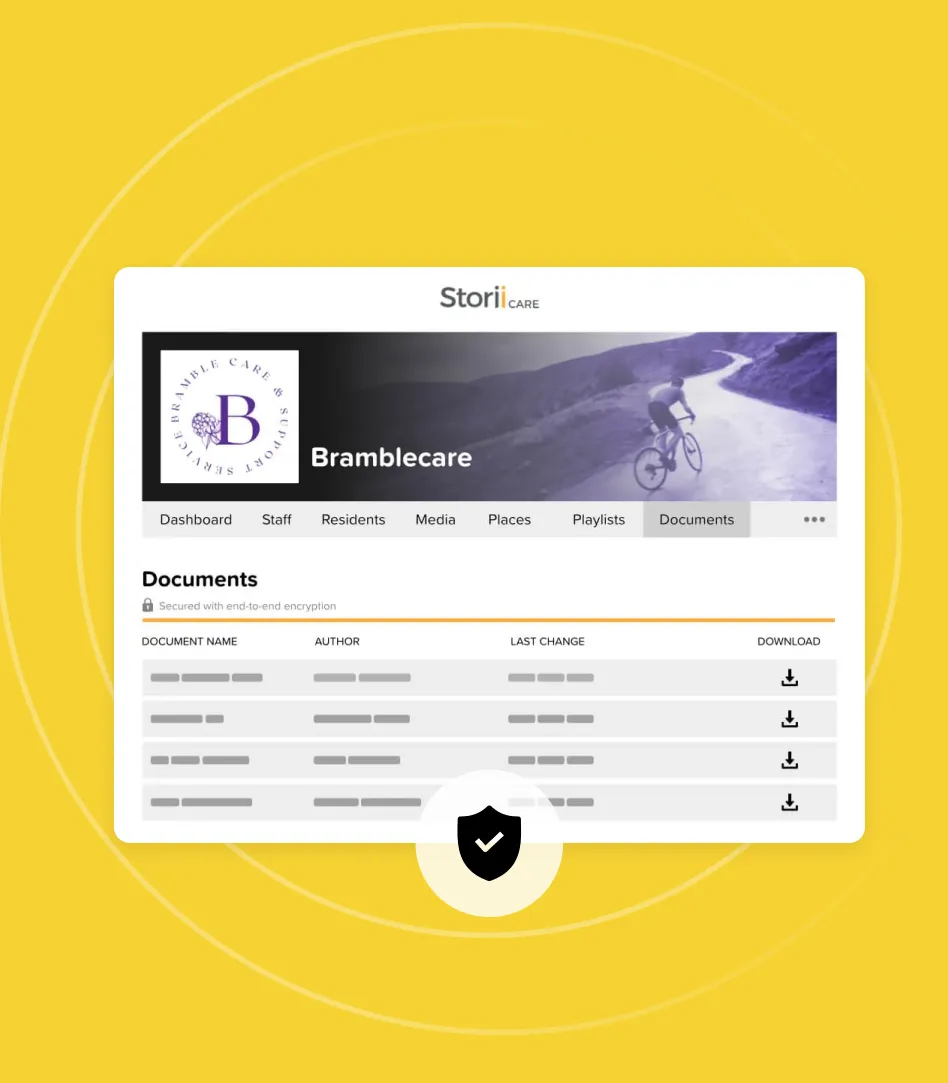The care industry has been around since the dawn of time, providing assistance to those who need it most, but many aspects of caregiving have changed drastically over the years. When it comes to innovation in the care industry, how do we balance old-school care with emerging technologies? Is old school really better or are we missing out on something? How can we best look after our aging populations using new and emerging approaches?
Hospitals
Research has indicated that care options outside of traditional hospitals are more cost-effective, don’t require patients to take on debt and give people a greater sense of control over their care. Hospitals have recognized these benefits and are now offering holistic treatment plans that focus on wellness—rather than simply caring for ailments as they arise. This shift toward proactive health management is creating new opportunities for innovation in healthcare delivery. For example, some hospitals have invested in services like telemedicine or home health to keep patients out of hospital beds and save money on costly emergency room visits. Others are partnering with community organizations to offer free or low-cost screenings and treatments. The key here is that many of these innovations aren’t being driven by doctors; instead, hospital administrators are taking charge by implementing changes that will improve patient outcomes while lowering costs.
Assisted Living Facilities
According to a Pew Research Center report released earlier this year, one out of every eight people over 65 will require some form of long-term care at some point. As a solution, assisted living facilities have been on the rise. Largely designed as group homes for elderly people who cannot live on their own but don’t need hospital-level care either, they offer a community setting while still giving residents privacy and independence. This is both an opportunity and a challenge for caregivers. Technology has given us solutions that enable assisted living staff to monitor multiple patients from afar, providing more individualized attention. This can include custom calendars and activities planning included in our Storiicare platform.
Home Care Innovations
Technology has transformed many industries, but few have seen innovations like home care. As recently as 10 years ago, home health aides were often overworked and underpaid for their difficult work; now they use tablets to keep track of clients and stay on top of their schedules without having to log anything manually. What does all of that mean for you? For one thing, it means opportunities abound. A large part of success is being able to spot trends before anyone else—and if you’re willing to embrace technology in order to build new tools or services specifically tailored toward home care workers, then chances are good that people will want them.
Nursing Home Innovations
To address the growing need for skilled nursing care, many facilities are embracing new technologies. A few examples of these technologies include monitoring systems that measure vital signs, robots that transport patients between rooms, and rehabilitation technology like robotic exoskeletons and software designed to assist in the administration of rehabilitative programs. While there is some question about how exactly these advancements can improve the quality of care, studies suggest that most nursing home administrators believe their facilities are making strides in providing the best possible care for seniors.
Reminiscence Therapy Innovations
This form of therapy involves older adults talking about their past and participating in activities that trigger memories. With reminiscence therapy, seniors can begin to come out of their shells, engage with others and participate in a healthy social life. Products such as StoriiCare combine the care features of medical info and progress tracks with engagement tools and reminiscence therapy sessions. How can you tell if your patient is ready for such sessions? Look for signs that they’re itching for something new and positive—for example, are they asking about friends or family members from long ago?


.avif)

.png)












